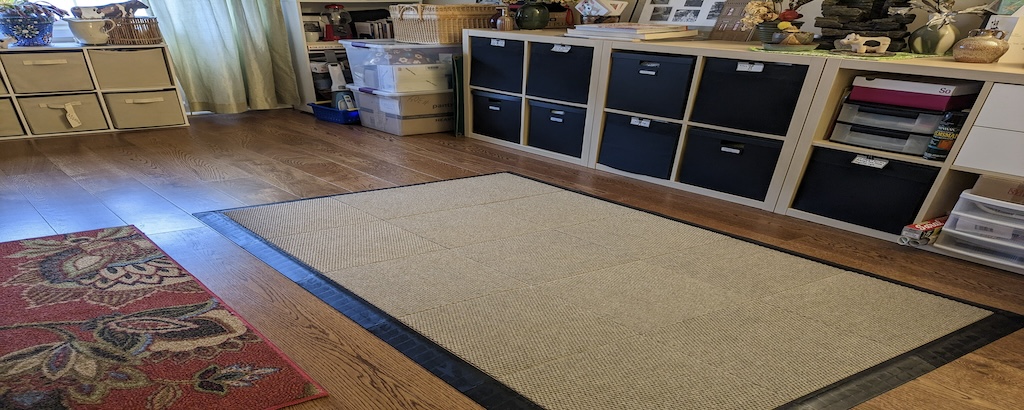If you’re ready to invest in new flooring for your home or business, but you’re not entirely certain that you’ll want to leave that flooring place long-term, then modular flooring might be the right choice for you. These flooring tiles are available in a wide array of materials and finishes, and they offer a simple DIY installation. When you no longer need them, you can just pull them up and remove them.
Article Library
Showing 1-12 of 78

Greatmats Glossary Guide to Flooring Terminology
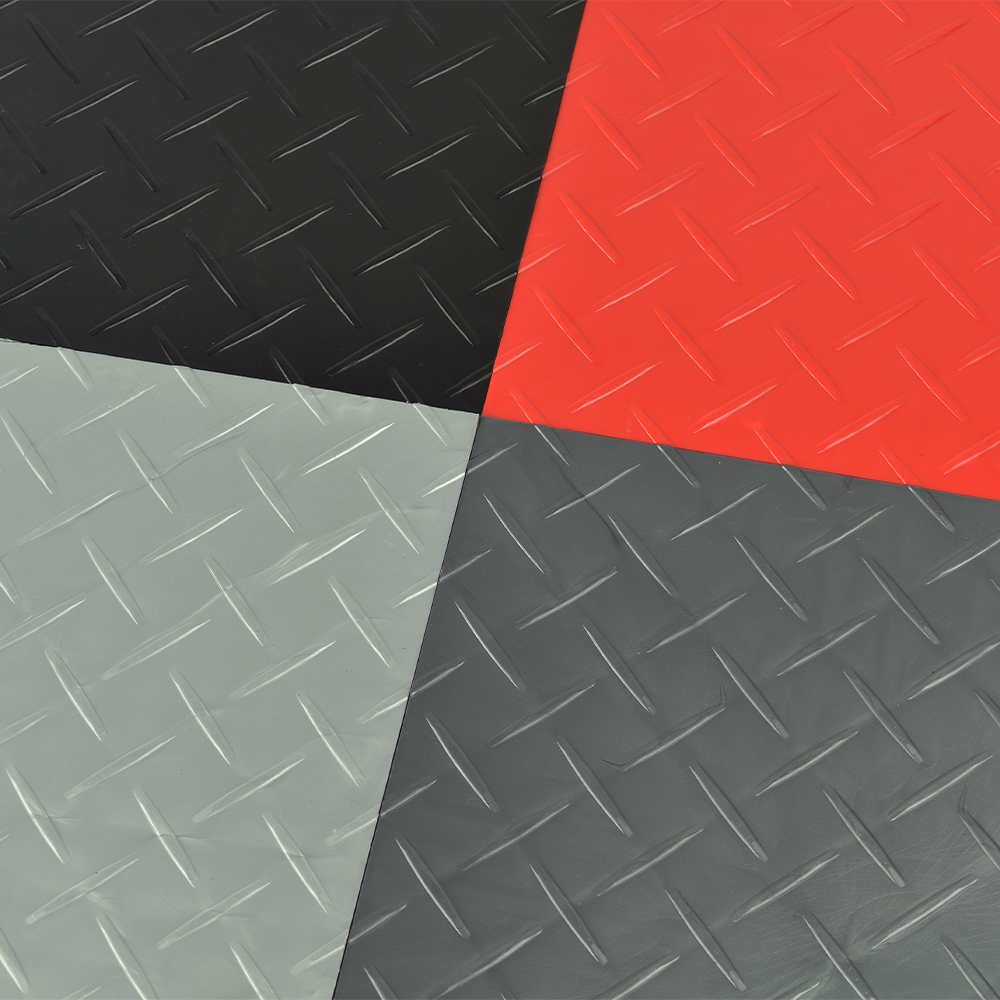
What Are The Types of Interlocking Flooring?
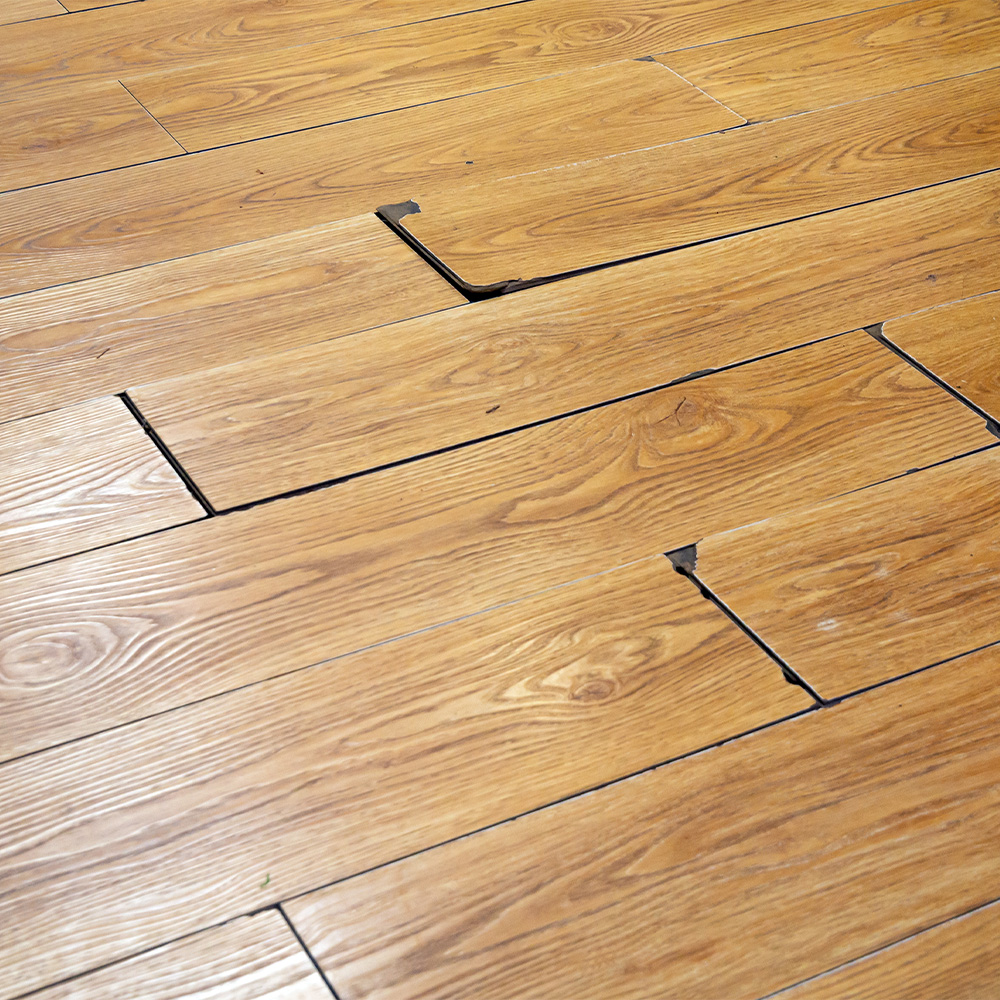
The Hidden Costs of Cheap Flooring (And How to Avoid Them)

Why Is Your Indoor Flooring Fading?
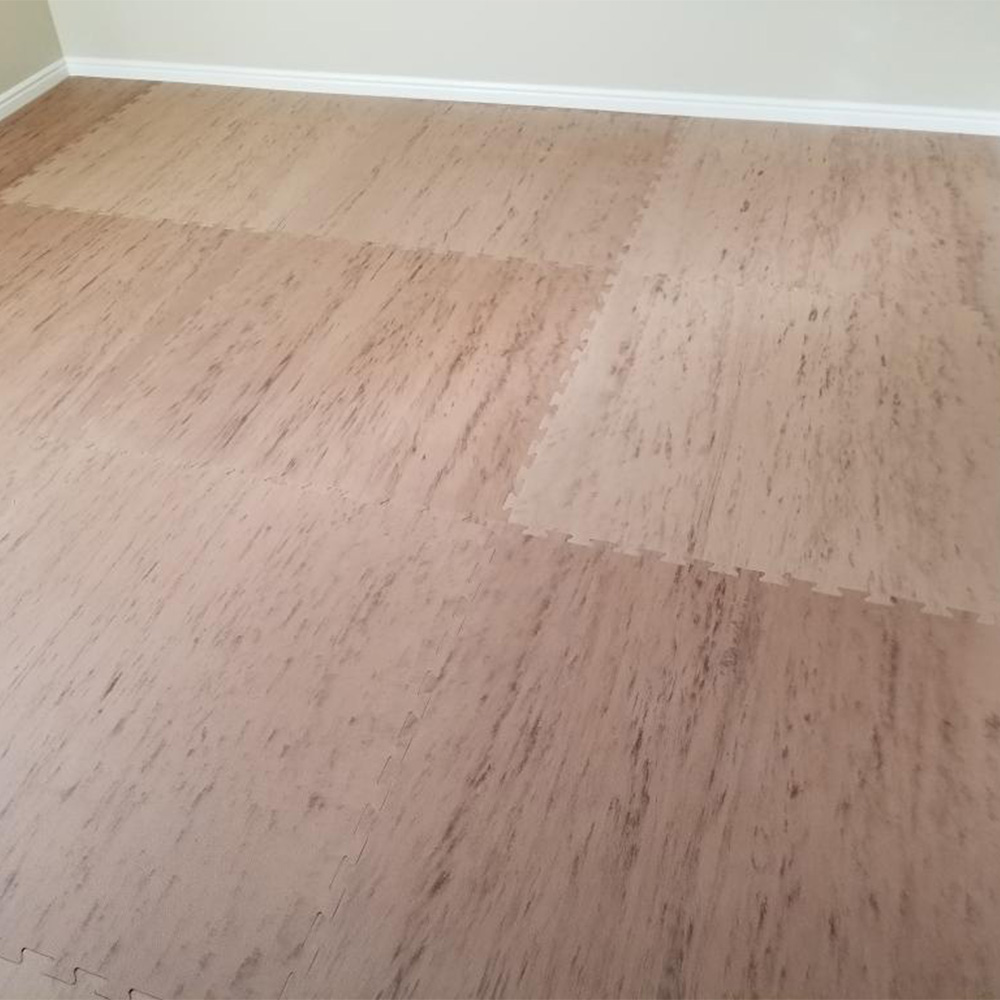
Why Are There Color Inconsistencies Between Batches of Flooring?
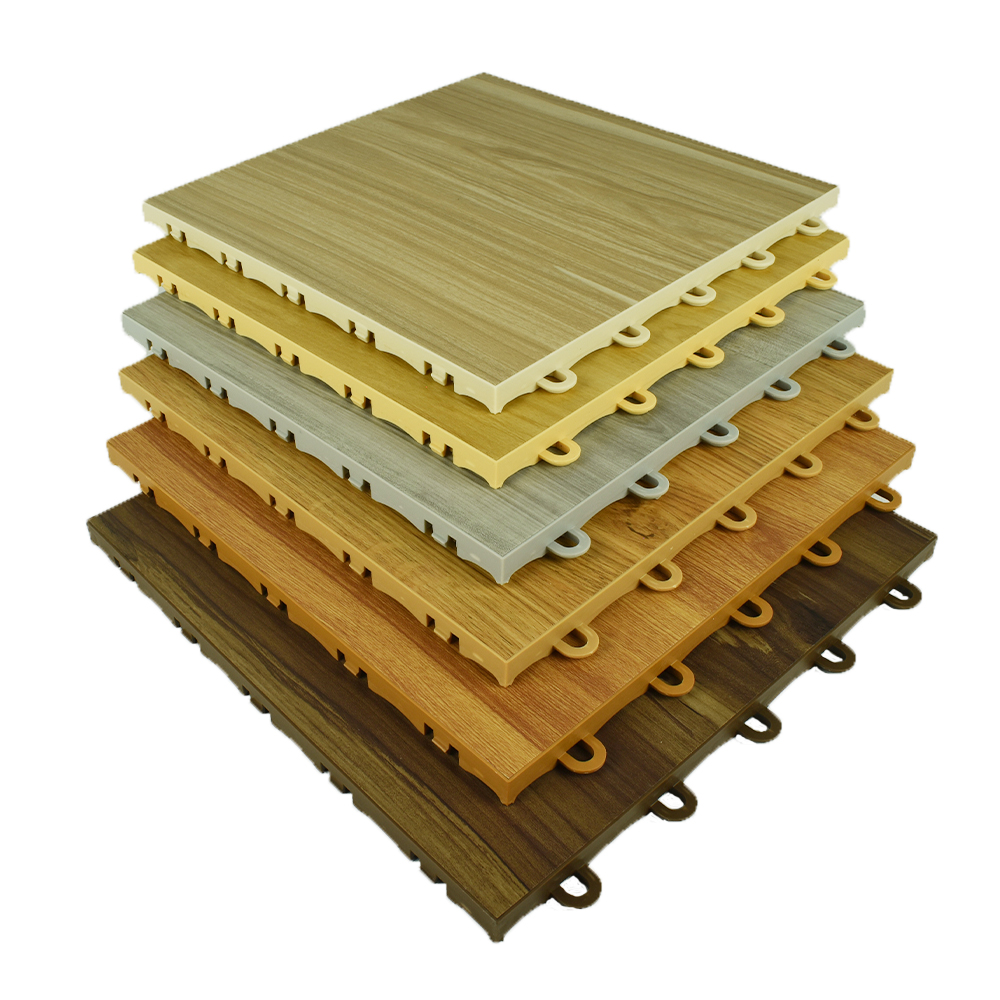
Portable Dance Floor Tiles - Features and Benefits
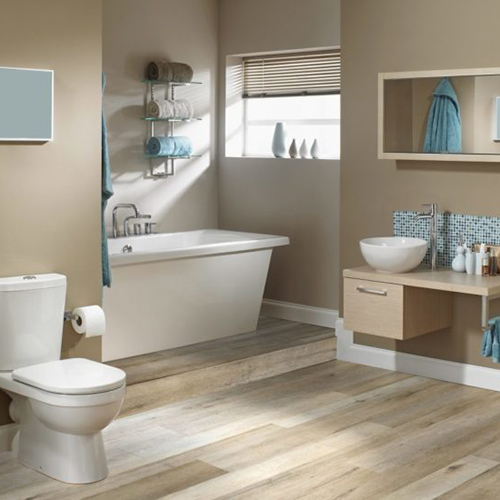
Can You Lay A Floating Floor Over Vinyl Or Carpet?
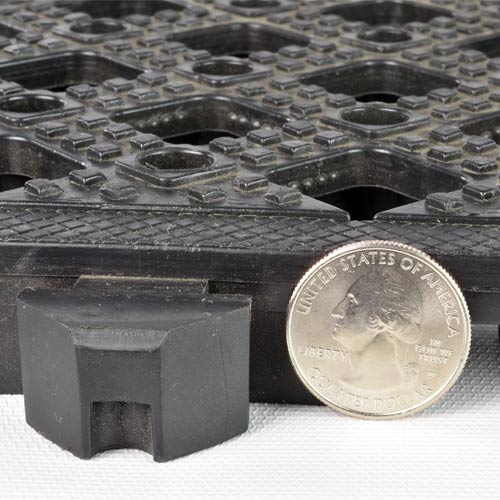
How Thick Is Snap Together Flooring?
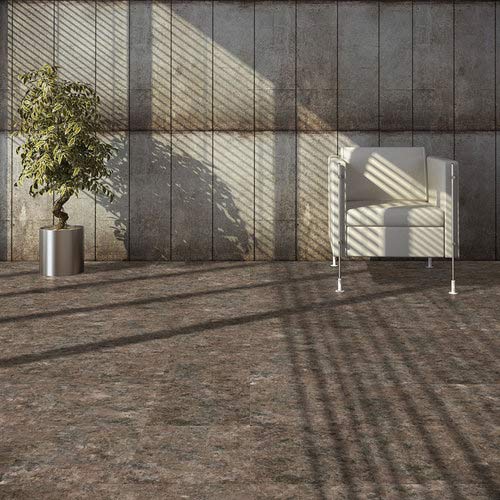
How Many Types Of Floor Tiles Are There?
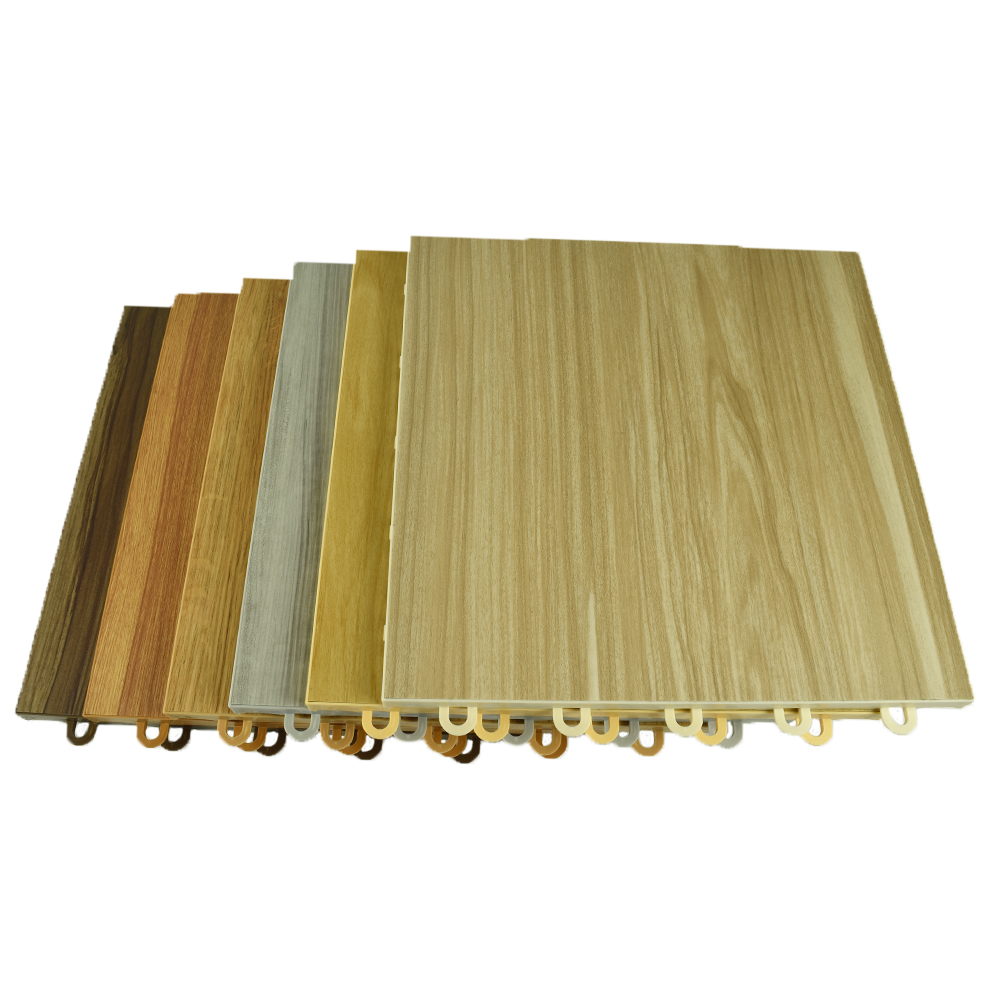
What Is Modular Wood Flooring?
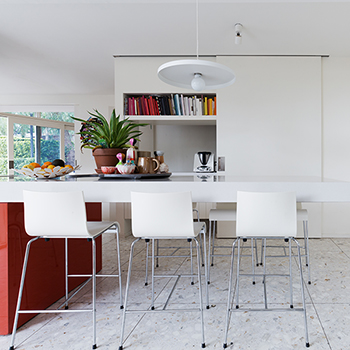
Are Terrazzo Floor Tiles Expensive?
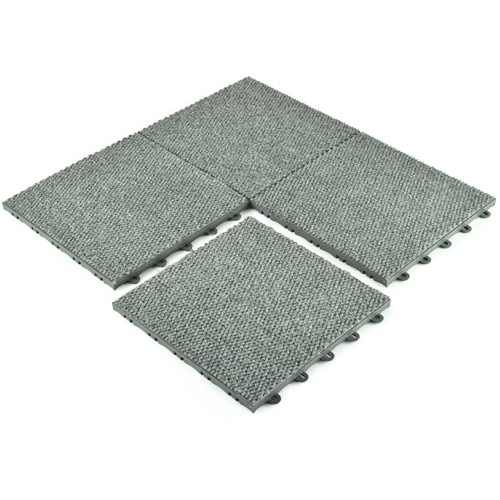
Raised Carpet Tiles For Basement Floor
Video Library
Showing 1-12 of 86

StayLock Borders - Use with StayLock Bump Top, Orange Peel, and Perforated Floor Tiles

How to Install Smooth Top PVC Interlocking Ever Tiles

Max Tile Raised Floor Tiles for Basement Laundry Rooms

Cherry Plank Max Tile Raised Floor Tile Customer Experience

How long does it take to disassemble modular flooring

How Long Does It Take To Install Modular Flooring For A 10x10 Space With 1 foot tiles

Unofficial Plastic Floor Tile Impact Test With Baseball Bat - 7 Tiles

How much does temperature affect modular floor tiles

How to Connect Max Tile Raise Floor Tiles Over Concrete & Carpet

Max Tile Corner Reducer - Modular Floor Ramped Edging

How to Install StayLock Orange Peel Tiles Over Carpet

How to Install Max Tile Border Ramps - Floor Reducer Strips
Modular tiles interlock in many different ways. Some tiles feature puzzle-piece-style edges that you can fit together by aligning the seams and pressing down on the tiles. Other tiles feature a hook and loop system that creates a secure closure when pressed together.
The major benefit of these tiles is the fact that most of them can be installed temporarily and then removed. With no adhesive required, you could install your new floor, enjoy it for a few years, and then remove it when you’re ready to renovate your home or repurpose a space. There’s no need to hire a professional to perform the installation, which helps to keep you within your budget. And, if you’re installing flooring in an area that’s prone to flooding, like a basement, you could remove those tiles and let the subfloor dry out as needed.
Start by considering the type of environment where you’ll be installing your flooring. If the floor will be exposed to high foot traffic, particularly with people wearing high heels, it’s important to choose a product that’s designed to withstand that type of use.
Water and moisture are frequent concerns, but certain modular tiles can handle this just fine. Options like the Safety Grit Top Matta Perforated Black tiles feature an open, raised design that lets water drain right through the tiles. This design also allows for plenty of air circulation to help quickly dry out the tiles, preventing mold and mildew from forming.
If you’re installing flooring in an area that sees other hazards, like a garage where the floor is exposed to oil and chemicals, you’ll need to choose tiles that are appropriate for that environment. Options like the Coin Top Home Floor Tile are resistant to oil, gas, and most solvents and caustics.
Carefully choosing your modular tiles can give you the exact finish and color that you desire. When choosing the finish, it’s important to consider how the space will be used. A dance floor with a wood finish is highly desirable, while you might prefer a carpet tile to add warmth and comfort to your basement. If you’re installing flooring in a work area or a space that is often wet, like around a pool, then a finish that maximizes traction is essential.
You’ll also have plenty of color options when choosing your flooring. Tiles intended for use in homes and ranches are available in many colors and finishes that resemble stone and wood. Brightly colored tiles are ideal for kids’ rooms and garages, and some more natural tones are preferable for use around pools, in spas, and more. As you design your new project, you’re sure to find plenty of flooring color and finish options that can help you get the exact aesthetic that you desire.
Many factors affect modular tile price, including the tile’s overall design, size, material, and finish. Other properties, like waterproof tiles or UV-resistant options, tend to cost a bit more than tiles designed for indoor use. You’ll want to consider the tile price per sq. ft. and then apply that to the total square footage that you’ll need for your project.
Remember that modular tiles can also save you money. Since you can complete the installation on your own, you won’t have to worry about budgeting for a professional installation. Most of these tiles require no special underlayment, so your project costs are truly limited to the price of the tiles themselves.
While most modular tiles are designed to be removed, some are designed to allow for more frequent installation and removal than others. If you know that you’ll frequently be removing and reinstalling your flooring, look for a tile that is designed for that rigorous use.
The major benefit of these tiles is the fact that most of them can be installed temporarily and then removed. With no adhesive required, you could install your new floor, enjoy it for a few years, and then remove it when you’re ready to renovate your home or repurpose a space. There’s no need to hire a professional to perform the installation, which helps to keep you within your budget. And, if you’re installing flooring in an area that’s prone to flooding, like a basement, you could remove those tiles and let the subfloor dry out as needed.
Uses for Modular Flooring
There are potentially endless uses for modular flooring:- Improve on the flooring in any room in your home
-
Lay your own flooring for your new house addition -
Create a portable dance floor with a dance floor kit -
Transform your garage into a vehicle showroom or beautiful workspace -
Renovate your bedroom flooring with an easy DIY fix -
Enhance your cabin or shed with quality flooring -
Prepare your event venue for outdoor events with tiles designed for outdoor use -
Build a new sports court in your backyard
Considerations When Choosing Your Modular Flooring
With so many types of flooring available and so many potential applications, you’ll want to consider the following factors when deciding which product is right for your needs.Environmental challenges
Start by considering the type of environment where you’ll be installing your flooring. If the floor will be exposed to high foot traffic, particularly with people wearing high heels, it’s important to choose a product that’s designed to withstand that type of use.
Water and moisture are frequent concerns, but certain modular tiles can handle this just fine. Options like the Safety Grit Top Matta Perforated Black tiles feature an open, raised design that lets water drain right through the tiles. This design also allows for plenty of air circulation to help quickly dry out the tiles, preventing mold and mildew from forming.
If you’re installing flooring in an area that sees other hazards, like a garage where the floor is exposed to oil and chemicals, you’ll need to choose tiles that are appropriate for that environment. Options like the Coin Top Home Floor Tile are resistant to oil, gas, and most solvents and caustics.
Finish and color
Carefully choosing your modular tiles can give you the exact finish and color that you desire. When choosing the finish, it’s important to consider how the space will be used. A dance floor with a wood finish is highly desirable, while you might prefer a carpet tile to add warmth and comfort to your basement. If you’re installing flooring in a work area or a space that is often wet, like around a pool, then a finish that maximizes traction is essential.
You’ll also have plenty of color options when choosing your flooring. Tiles intended for use in homes and ranches are available in many colors and finishes that resemble stone and wood. Brightly colored tiles are ideal for kids’ rooms and garages, and some more natural tones are preferable for use around pools, in spas, and more. As you design your new project, you’re sure to find plenty of flooring color and finish options that can help you get the exact aesthetic that you desire.
Price
Many factors affect modular tile price, including the tile’s overall design, size, material, and finish. Other properties, like waterproof tiles or UV-resistant options, tend to cost a bit more than tiles designed for indoor use. You’ll want to consider the tile price per sq. ft. and then apply that to the total square footage that you’ll need for your project.
Remember that modular tiles can also save you money. Since you can complete the installation on your own, you won’t have to worry about budgeting for a professional installation. Most of these tiles require no special underlayment, so your project costs are truly limited to the price of the tiles themselves.
Frequency of removal
While most modular tiles are designed to be removed, some are designed to allow for more frequent installation and removal than others. If you know that you’ll frequently be removing and reinstalling your flooring, look for a tile that is designed for that rigorous use.
